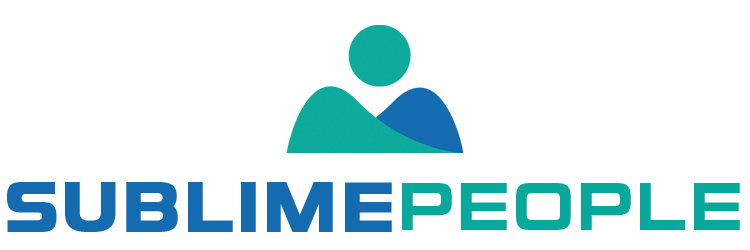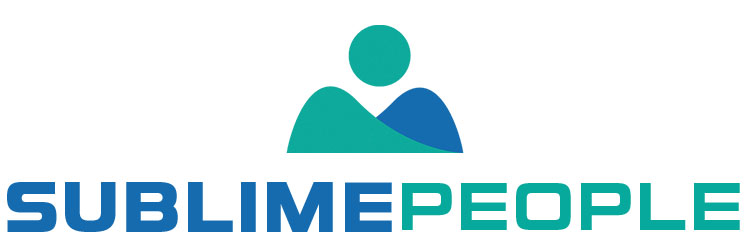Recruiters are increasingly using phone calls as a screening tool to assess candidates for open positions. If you’re not prepared, a recruiter call can be a nerve-wracking experience.
In this blog post, we’ll discuss some tips and steps on how to prepare for a recruiter call, so that you can ace it and get one step closer to your dream job.
In this Article:
What is a recruiter call?
A recruiter call is a phone call between a job seeker and a recruiter. The purpose of the call during the hiring process is for the recruiter to learn more about the job seeker and to see if they would be a good fit for the position they are recruiting for. The hiring manager uses phone screening to determine if the potential candidates are a good fit for the position and to learn more about their qualifications. Recruiters will typically ask about a candidate’s work history, education, and skills.

Why is a recruiter call important?
A recruiter call is an important step in the job search process. It provides an opportunity for the recruiter to learn more about you and your qualifications. It also gives you a chance to ask questions about the job and the company. A recruiter call is an interview that can provide an understanding of your personality. Implementing this process in the employment process can help a company identify the right candidate they are interested in interviewing personally.
How to prepare for a recruiter call?
Preparing for a recruiter call can be tricky, as you want to make sure you give off the right impression without sounding too rehearsed.
Before the call, review your resume and the job listing so that you can speak confidently about your skills and experience. During the call, be sure to listen carefully to the recruiter’s questions and answer them clearly and concisely. By taking the time to prepare for a recruiter call, you can increase your chances of landing the job you want.
Below, you will find more steps to prepare yourself for a future recruiter call.
Think about your job history
Looking back at past work experience can give you some good examples that you can talk about in a phone interview. List some of your job experiences that will help keep your job memories alive during interviews and improve conversation skills for your interview. To find sales jobs, for example, think about the jobs you have held that relate to sales jobs and how to apply.
Examine examples of interview questions
Searching for relevant questions about your application is a great way to prepare for recruiter calls. Common phone interview topics include your job history, current company experience and career goals. Research recruiter calls questions ahead of time so that you can provide detailed answers during the conversation.
You can look online for questions that interviewers frequently ask candidates who are applying for the same position as you. Some common phone interview questions hiring managers might ask are:
- What inspired you to apply for the position?
- How did you hear about this job opportunity?
- What experience do you have that makes you a suitable candidate?
- How would your previous employer describe your work performance?
Draft a few questions
As a recruitee, it is important to ask questions during the recruiter call as it not only shows enthusiasm for the role but also helps understand more about the job. Think of a few questions you would like to ask before the recruiter call and comes up with some good topics to discuss.
Questions could include:
- What type of tasks are involved?
- How much benefit is your company providing?
- Can employees get the job that they want?
- What is the salary range for this position?
Be honest, genuine and enthusiastic
Be honest and authentic during recruiter calls to ensure the best possibility of being hired. Don’t pretend to be something you’re not, as this can lead to a bad experience for both yourself and the recruiter. Experienced recruiters can tell an honest person the moment you start talking.
Show your genuine interest and enthusiasm for the job by doing the research before the recruiter call, such as understanding more about the company culture, expectations, etc. Make sure you answer questions thoroughly and honestly.
Know the recruiter and the company
Before you start your recruiter call, be sure to research the recruiter and the company. You should know what questions they may ask, based on their job description, as well as any questions you have about them. Knowing who is calling will help you prepare better for the recruiter call.
Review the job description
Reviewing the job descriptions helps potential candidates to understand what companies are looking for in terms of skills and abilities. Checking for relevant keywords can also give an employee a better understanding of the position they are applying for. Once applicants know what criteria are being looked at, they will formulate responses that can match those requirements.
Identify your strengths
Making sure that you discuss your strengths at a recruiter call is very important. You need to showcase your strengths to be hired for the job. Identify any strong points and focus on developing those skills further, like sales abilities, customer service knowledge, technical aptitude, or communication abilities.
Have a notepad readily available
It’s also important to have a notepad or paper available during recruiter calls. This will help you jot down any questions, instructions, or details that the recruiter has during the call. Taking notes can make sure that you forget nothing and can refer to them if needed. The notepad should also have some information that includes:
- the recruiter’s name
- the recruiter’s contact information
- the recruiter’s role in the hiring company
Subscribe to the email address
One of the best ways to stay on top of upcoming recruiter calls is by subscribing to your email address. By doing this, you can get recruiter call notifications that will keep you informed about recruiter calls with relevant companies. You should also include in your profile information on the job that you’re looking for, as well as any current company or brand personality.
Further tips for recruiter calls
You have scheduled the time for the call, now what? A screening call is the first step in the recruitment process, so make the best out of it. Before the call with a recruiter, follow these tips to make a great first impression on your next phone screen with a recruiter.

Be polite
Make sure that you are courteous throughout recruiter calls. This will show the recruiter that you are interested in the job and will be respectful during the interview process.
Keep it concise
Condensing your examples or responses to 30 seconds or two minutes can help you stay on track during recruiter calls. This will also help the recruiter understand you more quickly and get to the point of the call.
Get a quiet place
When getting ready for recruiter calls, it’s important to have a quiet place where you can be free from distractions and focus on the recruiter. This will help ensure that you can give your recruiter your full attention.
Remain positive
Interviewers will become more familiar with your personality if you smile and stay positive throughout the entire phone call. Remaining cheerful can help bolster your confidence during the interview process.
Establish a routine
Developing a routine to help you prepare for phone interviews ensures you’re able to answer questions effectively and provide information. This routine can also help you relax before the conversation, consequently improving your confidence levels.
A word from SublimePeople
The best way to prepare for a recruiter call is to be ready with questions of your own. By asking the right questions, you can gain valuable insights into the company and the role. Not only will this help you make a more informed decision about whether or not to pursue the opportunity, but it will also show that you’re serious about finding the right fit for both you and the organization. Are there other questions that you would add to this list? Let us know in the comments below!




